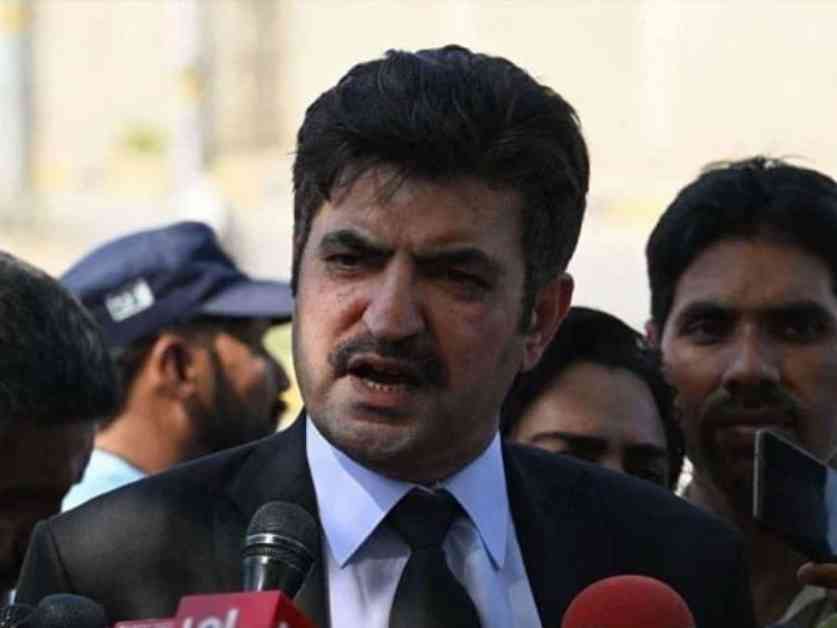Sher Afzal Marwat, a prominent figure within the Pakistan Tehreek-e-Insaf (PTI) party, has raised concerns about the delay in government negotiations. In a recent interview on Express News’ program Centre Stage, Marwat expressed his belief that having a written agreement upfront would have been a more effective approach than requesting an additional week for consultation.
Delays Caused by Lack of Written Agreement
Marwat emphasized that PTI may not have been fully prepared until January 2, and the subsequent one-week delay could have significant consequences. He argued that if a written proposal had been provided initially, the need for extra time for consultation could have been avoided. By not having a clear written agreement, PTI may have inadvertently caused unnecessary delays in the negotiation process.
Importance of Constructive Dialogue
Despite the challenges faced by PTI in the negotiation process, Marwat highlighted the party’s commitment to constructive dialogue. He emphasized the importance of presenting demands in writing and noted that even staunch PTI members supported the negotiation efforts. By forming a negotiating team and engaging in talks, PTI demonstrated flexibility and a willingness to find common ground through dialogue.
Positive Signs in Negotiation Environment
Marwat also noted positive developments in the negotiation environment, with stakeholders showing a willingness to come to the table and resolve issues through dialogue rather than confrontation. He reiterated PTI’s call for the formation of a judicial commission, emphasizing the party’s commitment to transparency and accountability in resolving political disputes.
As negotiations continue between PTI and the government, Sher Afzal Marwat’s insights shed light on the importance of clear communication and written agreements in fostering constructive dialogue and resolving issues effectively. By prioritizing transparency and accountability, both parties can work towards a peaceful and mutually beneficial resolution to ongoing political challenges.









